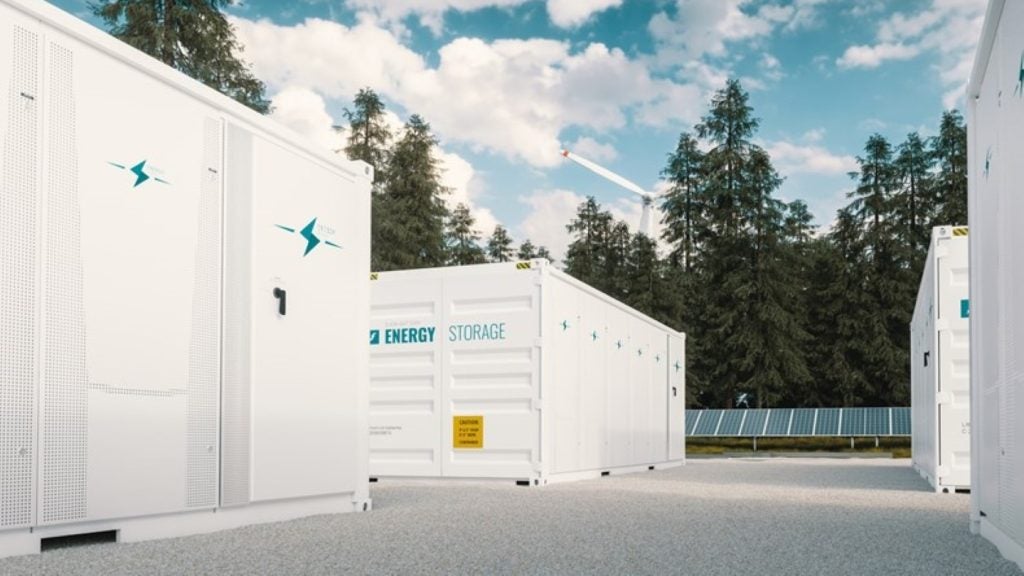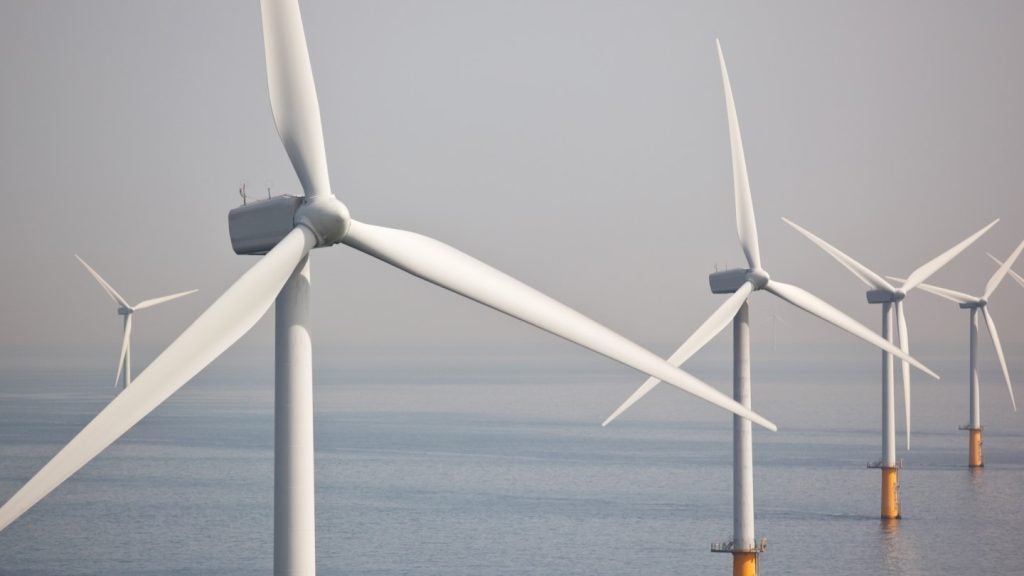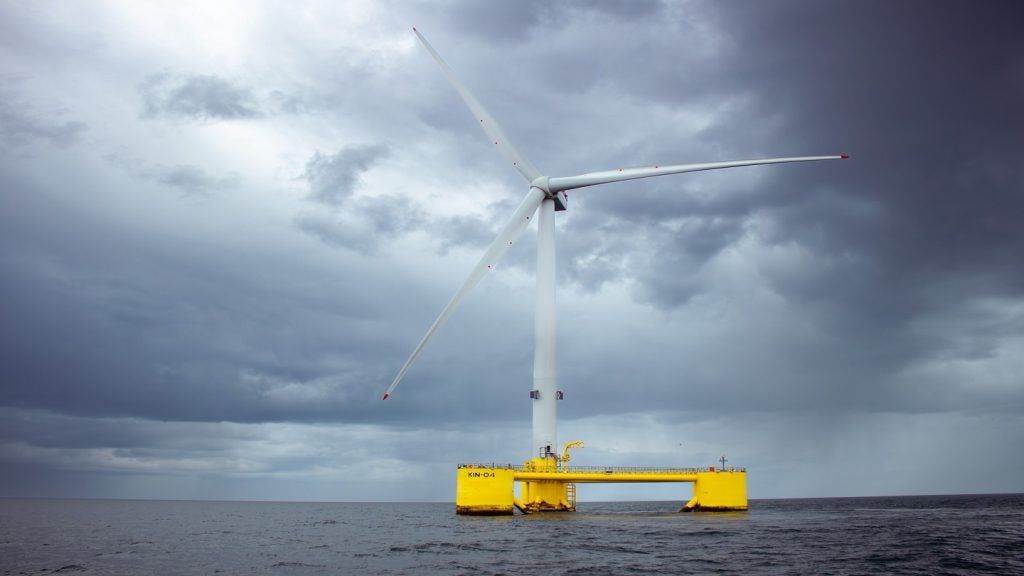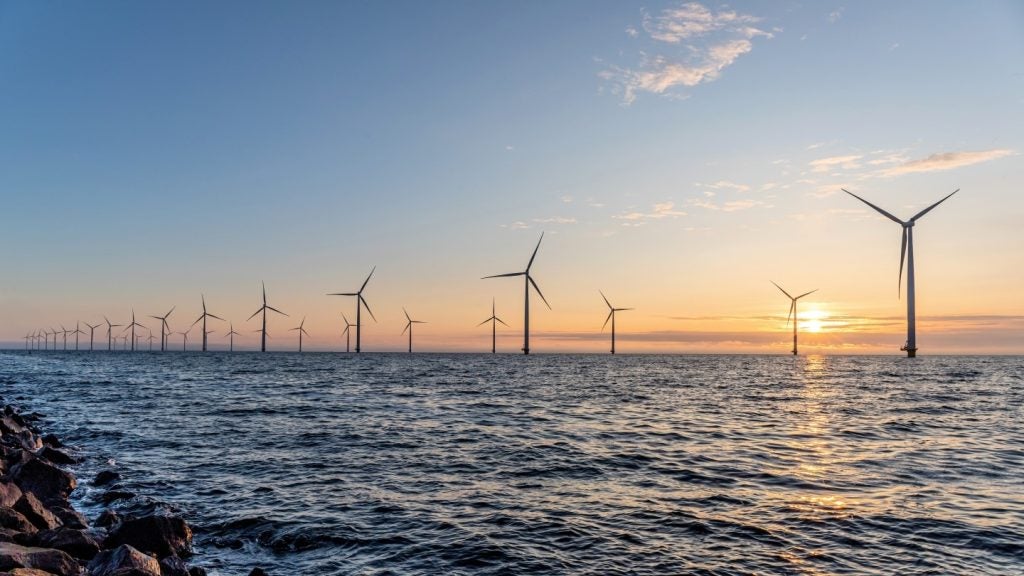Japan’s Nuclear Regulation Authority (NRA) has approved the operation of units 1 and 2 of Sendai nuclear power plant for beyond 40 years. The plant is run by Kyushu Electric Power Company.
Under current regulations approved in July 2013, Japanese reactors have a nominal operating period of only 40 years. Sendai 1 and 2 will have been in operation for 40 years on 3 July 2024 and 27 November 2025, respectively. Extension of a unit’s life for a further 20 years can only be approved once and is contingent on exacting safety standards.
Upon inspection in October 2021, Kyushu found there were no faults with the units and the reactor vessels of both units were not likely to cause problems if their life was extended to 60 years. In October 2022, the utility therefore applied to the NRA requesting to extend the operation of the two units.
Unit 1 will now be able to continue operating until July 2044 and unit 2 until November 2045.
Following the accident at the Fukushima Daiichi plant in March 2011, all nuclear power in Japan was shut down. After new regulatory standards were initiated in July 2013, unit 1 of the Sendai plant was the first to be restarted, followed by unit 2 in October that year.
In August the Japanese Government released wastewater from the wrecked Fukushima Daiichi into the Pacific Ocean. After a two-year assessment, the International Atomic Agency confirmed it was safe for Tokyo to release one million tonnes of the treated wastewater over the next 30–40 years.
However, much of the Japanese public was not pleased with the decision. According to a poll published by the Asahi newspaper in the same week the release began, 75% of the Japanese public said the government had not done enough to prevent the expected reputational damage to Japanese seafood.
Nevertheless, in a poll conducted by Asahi in February 2023, 51% of respondents said they were in favour of resuming operations at plants, the first time a majority in Japan voted in favour of this since the accident in 2011.
On Thursday, the third round of wastewater releases began at Fukushima Daiichi plant 1.















